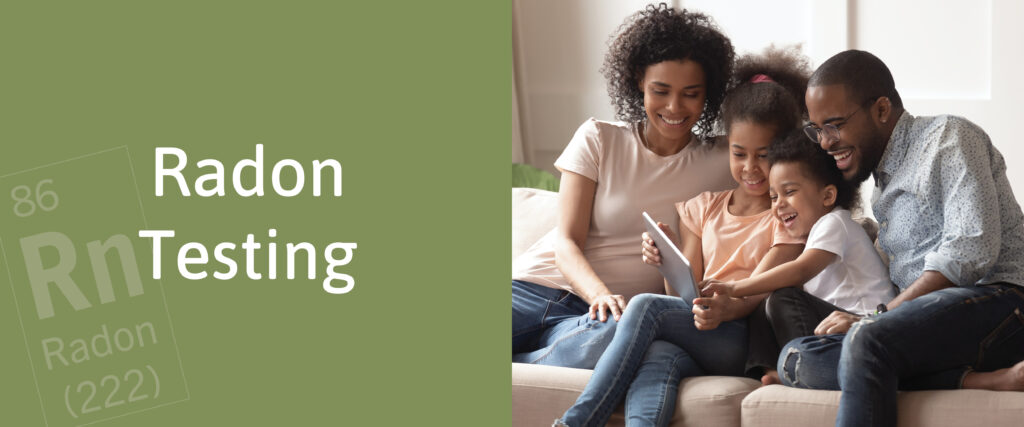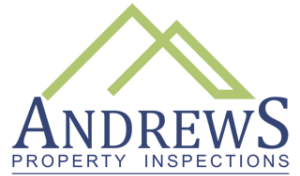Radon Level Testing – Making the Case

Purchasing or even maintaining home can be stressful and costly. So many aspects are competing for attention and dollars. It’s easy to push any concern about the presence of radon in the home to the bottom of the very long list. But skipping a radon inspection to save money or time is actually not a great idea!
Radioactive radon gas is extremely toxic if you are exposed to it over the long term. Arranging for a certified radon testing company to determine a home’s radon readings should be on every home buyer/owner’s Must-Do List!
Radon FAQ’s
- What is radon gas? It’s a colorless, odorless and tasteless radioactive gas that results from the breakdown of naturally occurring uranium in soil and rocks.
- Where does radon come from? As uranium decays, it turns into radium which in turn breaks down into radon. Radon gas leaves the soil and becomes part of the air and water.
- How do you get radon in your home? The radioactive gas accumulates in places where there is inadequate ventilation like the basement level of a home. It seeps in through openings in contact with the ground. This includes things such as cracks in the foundation, small gaps around pipes and even sump basins.
- Is radon dangerous? Radon is part of the natural environment and generally isn’t harmful as its usually dispersed in very small amounts and dissipates. However, breathing in radon over an extended period allows it to get into the lining of the lungs. Once ingested, it gives off radiation. The resulting cell damage significantly elevates the risk of developing lung cancer within 5 to 25 years. In the United States, there are approximately 15,000 to 21,000 radon lung cancer deaths each year. According to the American Cancer Society, radon is the second biggest cause of lung cancer behind only cigarette smoking. Smokers who are exposed to high levels of radon are at even greater risk.
- Is radon testing necessary? Simply put, yes! Radon is extremely difficult to detect. The only way to know if levels in your home/building falls within established guidelines it to professionally test for it. DIY tests are available but they are considered less effective. Findings indicate radon tests of less than 90 days are imprecise the majority of the time. Hence, the best way to determine radon levels in a home or building is to contract with a certified professional. FYI, if you need test results for a real estate transaction, professional testing is mandatory.
Why Test:
- Only a professional test administered by a certified inspector can confirm a home/building is radon free.
- The New Jersey Department of Environmental Protection (DEP) recommends that all homeowners test their homes for radon, and mitigate (fix) their home if tests reveal levels of 4 pCi/L or more.
- Radon mitigation costs are relatively affordable. A number of factors including the location, design and size of the home and the type of foundation determine the cost. Nationwide, mitigation averages roughly $1000.00 with the usual range between $780.00 and $1,200. It may cost more for larger homes.
- Even homes that have radon mitigation measures in place should repeat testing over time to confirm these measures are working
- In New Jersey law (N.J.A.C. 26:2D-73) requires-at the time of contract of sale-the seller to provide the buyer with a copy of the results of any radon testing and information on any radon remediation conducted in the home.
How We Can Help
Andrews Property Inspection is a highly regarded residential and commercial inspection company located in Southern New Jersey. Richard Andrews is the owner/operator and a certified inspector. Richard delivers high-value commercial and residential inspections in Atlantic and Cape May counties.
The company is also a recognized industry leader in radon testing services in the area. Highly-regarded for their professionalism, Andrews Property Inspection is also known for its thoroughness and transparency. Radon inspection is offered as a component of a total home inspection or as a stand-alone service. Home or commercial property owners requiring radon testing who partner with Richard will definitely benefit from his deep expertise.
Andrews Property Inspections
Residential Inspections for Southern New Jersey
For Radon Testing by a certified home inspector
contact Richard Andrews at Andrews Property Inspections.
